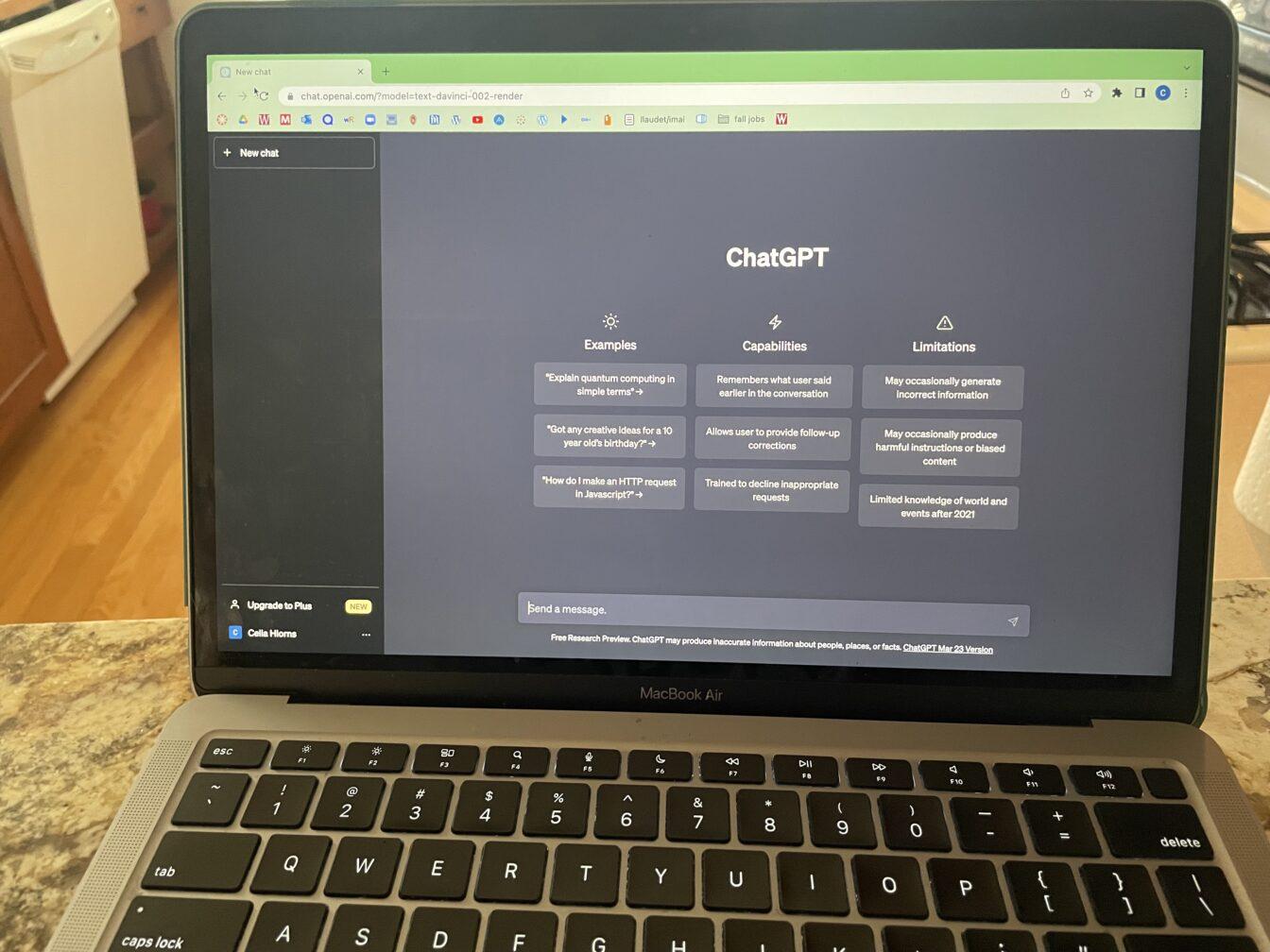Within the last few years, a trend has emerged of people mischaracterizing the words of Dr. Martin Luther King Jr. They make statements about him which make it seem like they haven’t read anything about him beyond the material for a fourth grade book report.
King discussed a number of thought provoking, pivotal topics in his groundbreaking essay Letter from Birmingham Jail. Among these topics was the need for self purification before engaging in a campaign, meaning before you can try to convince others to side with you in a campaign, you must first rid yourself of all of the things that could potentially hold you back during said campaign. This purification includes reflecting on what makes you personally strong and focusing on those areas to ensure endurance during a campaign.
When King referenced this more than 50 years ago, it applied to non-violent direct action campaigns that lobbied for social change. But this advice is also incredibly useful in the political realm, as well.
The heartache and bewilderment is still prevalent in Wisconsin following three election victories for Gov.Scott Walker (the presumptive presidential candidate) in the span of about four years. This is also coupled with majorities in both state legislative houses for Republicans, which allows them to impose their agenda with little to no protest. All of these facts underscore a pretty dire situation for Democrats in this state. So what is being done to try to reverse this tide?
One solution is to teach a younger generation the ropes and get them immersed into politics instantaneously. Case in point: the Democratic Leadership Institute that was held this past weekend. I attended this event and had a wonderful time.
I met very intelligent, like-minded students and learned how to successfully launch a political campaign, as well as the ins and outs of financing one. I gained valuable information at this event, and it has me thinking that someday down the road would I might want to run a political campaign.
But for all of that valuable information I received, there was one thing that I thought was missing, not only from this institute, but also from the larger swath of state Democratic politics: the self purification and inventory King utilized. Democrats strongly believe in their causes, and based on referendum results, a significant amount of citizens believe in them as well. The biggest barrier to translating this commonality into a commitment at the polls is failure to cast a narrative that accurately showcases these beliefs.
Republicans have admittedly done a fine job over the years of crafting their own narrative, while also characterizing the narrative for Democrats. If Democrats want to take that narrative back in the next cycle, they need to reflect, go back to the drawing board and try to figure out why they believe in their causes in the first place.
They need to thoroughly determine how their causes positively impact the everyday non-partisan Wisconsinites beyond blanket answers that vaguely reference the one percent and/or the middle class. The most important step in this process is to figure out a way to get citizens to care enough about those impacts to come to the polls.
King’s idea was about releasing negativity and making the cause and mission that much stronger. If Wisconsin Democrats don’t figure out a way to formally integrate this into their plan of action for the next few election cycles, a decade from now, we could be talking about Rebecca Kleefisch’s fourth term as governor — and that’s a future not even some Republicans want to envision.
Miles Brown (mjbrown22@wisc.edu) is a senior majoring political science and history with a certificate in Russian, East European and Central Asian Studies.














